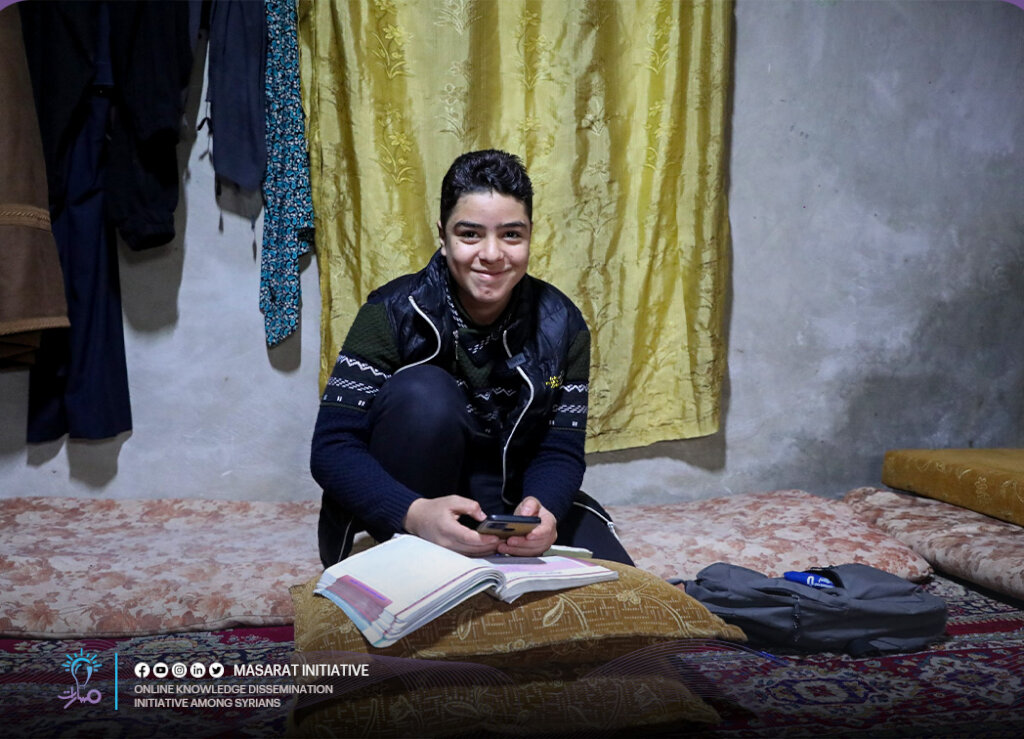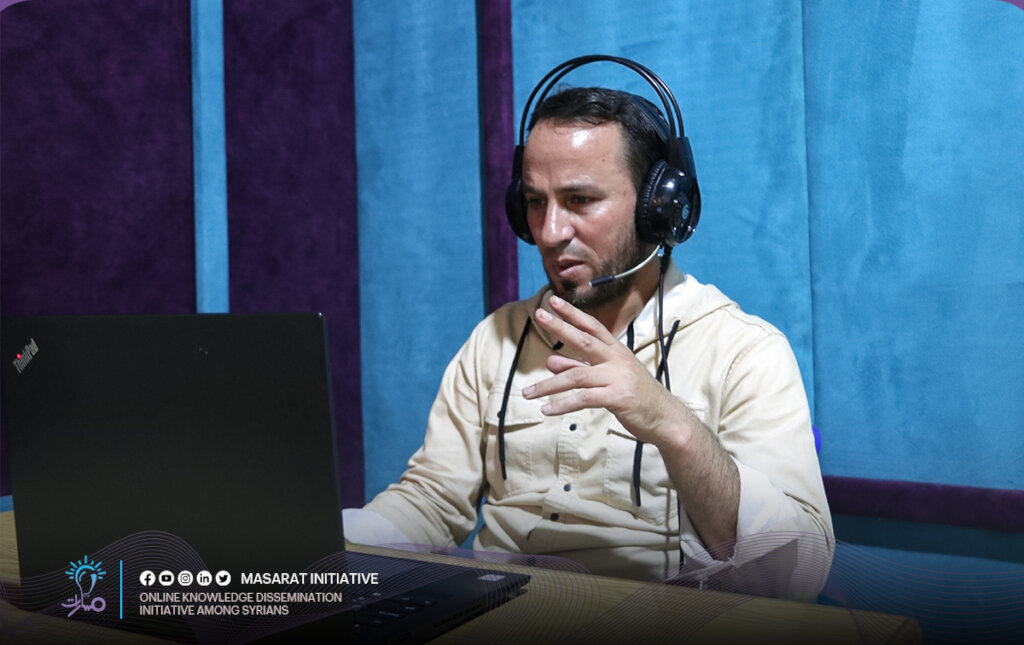Zakat al-Mal is a fundamental Islamic practice that represents not only a religious obligation but also a powerful tool for social justice.
This obligatory sadaqah helps redistribute wealth within the Muslim community, ensuring that those less fortunate receive support from those who are financially stable.
For Muslims residing in the UK, understanding the intricacies of calculating Zakat is essential to fulfill this duty accurately and effectively.
Discover in our article how to calculate Zakat al-Mal in the UK, understand Nisab thresholds, and use reliable online calculators to fulfill your Islamic obligations accurately.
Zakat Al-mal Calculator in UK
To aid in the precise calculation of Zakat, several reputable Islamic organizations in the UK have developed online calculators.
These tools are designed to help individuals calculate their Zakat without error, taking into account the local economic environment and the specifics of their assets.
Among the most trusted Zakat calculators are those provided by:
Islamic Relief UK:
Known for its global humanitarian efforts, Islamic Relief offers a comprehensive Zakat calculator that guides users through various categories of wealth, ensuring all relevant assets are considered.
National Zakat Foundation (NZF):
This organization not only provides a Zakat calculator but also offers extensive resources on understanding Zakat and its importance.
Their calculator is particularly user-friendly, making it accessible for those new to this obligation.
Muslim Aid:
Another prominent charity that features a detailed Zakat calculator on their website.
It helps users methodically account for cash, gold, silver, and business assets, providing clear instructions for each step.
How is Zakat on Money Calculated?
Zakat on monetary assets involves a clear calculation of 2.5% on all zakatable wealth, which includes cash in hand, bank accounts, and investments that have been held for at least one lunar year and exceed the Nisab threshold.
It’s vital to consider fluctuating values over the year, using the average annual balance for more accuracy.
This ensures the calculation is reflective of one’s actual financial standing over the year.
How to Calculate Zakat on Cash?
Calculating Zakat in the United Kingdom requires a thorough understanding of one’s personal and, if applicable, business financial situation.
There are several steps to ensure Zakat is accurately calculated:
Gather Financial Information: Compile all financial details including cash in hand, bank balances, investments, shares, pensions, and business inventories that have been held for at least one lunar year. It’s important to also consider any liabilities or debts owed.
Determine Nisab: Calculate the current Nisab threshold based on the prevailing price of gold or silver. You can refer to reliable financial websites or Islamic financial services that provide daily updates on gold and silver prices to accurately determine the Nisab value in pounds.
Calculate Zakatable Assets: Sum up all the assets that exceed the Nisab threshold and are held for a full lunar year. Exclude any assets that are not considered zakatable, such as primary residence, personal items, and professional tools.
Apply the Zakat Rate: Once you have identified the zakatable assets, apply the Zakat rate of 2.5%. This rate is universally applied to all eligible assets exceeding the Nisab threshold.
Deduct Debts: Before finalizing the Zakat amount, deduct any immediate debts from your zakatable assets. This includes short-term debts like credit card payments, utility bills due, and personal loans.
Use a Zakat Calculator: To simplify the calculation process, consider using one of the trusted online Zakat calculators available from UK-based Islamic charities like Islamic Relief, National Zakat Foundation, or Muslim Aid. These tools are tailored to incorporate local economic conditions and can help ensure accuracy.
Record and Monitor: Keep a record of your calculations and the amount of Zakat paid each year. It is also wise to monitor changes in your financial situation and the Nisab value throughout the year, as these could affect your Zakat calculations for the next period.
How to Determine Zakat in the UK?
Determining Zakat in the UK involves a careful evaluation of various types of wealth and financial obligations.
Here’s a more detailed guide to help you understand and perform this important Islamic duty:
- Calculate Total Zakatable Assets: Sum all assets that are subject to Zakat, including cash, bank balances, investments, gold, silver, business merchandise, and any shares or stocks. Ensure these assets have been in your possession for at least one lunar year.
- Deduct Liabilities: Before calculating Zakat, subtract any immediate debts or liabilities from your total assets. This includes personal loans, business loans, and any bills due before you calculate your Zakat.
- Determine Nisab and Apply Zakat Rate: Verify the current Nisab value, which is the minimum amount of wealth one must have before they are required to pay Zakat. Nisab is usually equivalent to the value of 87.48 grams of gold or 612.36 grams of silver. If your net assets exceed this threshold, apply the Zakat rate of 2.5% to calculate how much you need to pay.
By following these guidelines, you can accurately fulfill your Zakat obligations in the UK.
How Much Zakat to Pay?
The exact amount of Zakat varies depending on one’s wealth. Once the total zakatable wealth (after deductions for debts and liabilities) is calculated, applying the 2.5% rate gives the Zakat amount.
For instance, if an individual’s net zakatable assets total £40,000, the Zakat due would be £1,000. This calculation reassures the individual that they are contributing their fair share to community welfare.
How Much Zakat in the UK?
Your Zakat donation is calculated as 2.5% of your total Zakat-eligible wealth. This means if your total assets, after accounting for any debts owed, amount to £10,000, your Zakat payment would be £250.
To simplify this process and ensure accuracy, utilize our free and easy-to-use calculator.
This tool helps you determine exactly how much Zakat you owe based on your specific financial circumstances, making it straightforward to fulfill your religious obligations efficiently.
Zakat Rate in the UK
The zakat rate of 2.5% is a mandated figure universally accepted across all Islamic communities, including the UK. This rate is applied to all forms of zakatable wealth that exceed the Nisab threshold.
The consistency of this rate across various countries and economic systems ensures that the calculation of Zakat remains straightforward and universally applicable, minimizing confusion among the faithful.
In the UK, this uniformity is crucial as it accommodates the diverse economic backgrounds of the Muslim population, ensuring that everyone contributes proportionately to their wealth.
What is the amount of zakat?
The amount of Zakat an individual pays is strictly defined as 2.5% of their zakatable assets that exceed the Nisab amount.
This calculation is intended to standardize the contribution across the board, ensuring fairness and equality in the fulfillment of this religious duty.
By using a percentage rather than a fixed amount, Zakat adjusts to the financial condition of each individual, reflecting Islamic principles of justice and charity.
This system ensures that the more financially blessed give more, helping to balance societal inequalities and aid those in need.
How Much is the Zakat Percentage & Ratio?
In the United Kingdom, the application of the Zakat percentage and ratio is consistent with Islamic principles and helps ensure a balanced and fair approach to charitable giving.
Here’s a detailed explanation and guidance on how this works:
Zakat is calculated at a fixed rate of 2.5% on all Zakatable assets that exceed the Nisab, which is the minimum amount of wealth a Muslim must hold to be eligible to pay Zakat.
This percentage is significant as it isn’t too burdensome but is sufficient to make a meaningful contribution to societal welfare.
Significance of the Ratio
The 2.5% rate is thoughtfully chosen to balance between not being overly demanding on the wealth holder and ensuring that the needy receive a beneficial amount of aid. It reflects a universal standard within Islamic finance, promoting equity and compassion through financial actions.
Practical Application in the UK
Annual Calculation: Each lunar year, Muslims assess their assets to determine if they have reached or exceeded the Nisab and by how much. This includes all forms of wealth such as money, gold, silver, shares, pensions, and business goods.
Nisab Calculation: The Nisab is primarily calculated based on the current prices of gold or silver. Most commonly, people use the gold Nisab which is calculated based on the value of 87.48 grams of gold. For practical purposes, you can check daily gold prices in the UK market to determine the threshold each year.
Zakat Contribution: Once the Nisab is calculated, and if your assets exceed this threshold, 2.5% of your total excess wealth is to be given as Zakat. This calculation ensures that the more you have, the more you contribute, aligning with the principles of social equity and support for the less fortunate.
Tools and Resources
Many UK-based Islamic organizations provide Zakat calculators on their websites, which can help simplify this calculation.
These tools adjust automatically to current Nisab values and help you determine exactly how much you owe, ensuring that your contributions are accurate and in line with Islamic law.
By following these guidelines, Muslims in the UK can fulfill their religious obligations accurately and contribute effectively to the welfare of the community, reinforcing bonds of solidarity and mutual care within the society.
What is the Nisab Threshold?
The Nisab threshold serves as the minimum wealth benchmark that qualifies a Muslim to pay Zakat.
It is set at the value of 87.48 grams of gold or 612.36 grams of silver, reflecting the Islamic tradition of linking monetary obligations to tangible assets.
This link to precious metals ensures that the Nisab value adjusts with economic fluctuations, maintaining its relevance and effectiveness over time.
The use of gold and silver standards protects the threshold from inflation and the vagaries of currency value changes, ensuring that the duty of Zakat remains fair and equitable.
How Much is Nisab in Pounds?
Determining the Nisab in pounds requires monitoring the current market prices of gold and silver. As gold and silver prices can fluctuate significantly, the Nisab threshold in pounds can vary accordingly.
For example, with the current price of gold at approximately £35 per gram, a Nisab value based on gold would require a Muslim to own at least £3,061.80 in liquid assets or equivalent wealth before being obligated to pay Zakat.
This calculation ensures that the economic capability to support oneself and one’s family is considered before one is required to contribute to the welfare of others, aligning with the principles of mercy and justice in Islam.
By adhering to these principles and guidelines, and using reliable Zakat calculators, Muslims in the UK can ensure that their contributions are both spiritually meaningful and economically impactful, fostering a strong sense of community and shared responsibility.
Masarat Initiative for Supporting Orphan Empowerment in Northern Syria
Due to the war in Syria, an entire community of orphans has been deprived of education for years because of forced migration, extreme poverty, and displacement. They have been forced to prioritize survival amid harsh living conditions. Nevertheless, hundreds of them still dream of returning to school.
The Masarat Initiative offers free online education to this segment of society through school education, student activities, and practical skills development via our easy-to-use online platform, ensuring comfort and flexibility.
By donating your Zakat, you will pave the way for the advancement and empowerment of orphans in society, equipping them educationally to be capable of building a better future. As orphans rise, an enlightened and aware community is formed, fostering a future built on awareness and knowledge.
Your contribution is not just an investment in the future of these orphans; it is an investment in a brighter and more equitable future for everyone.









